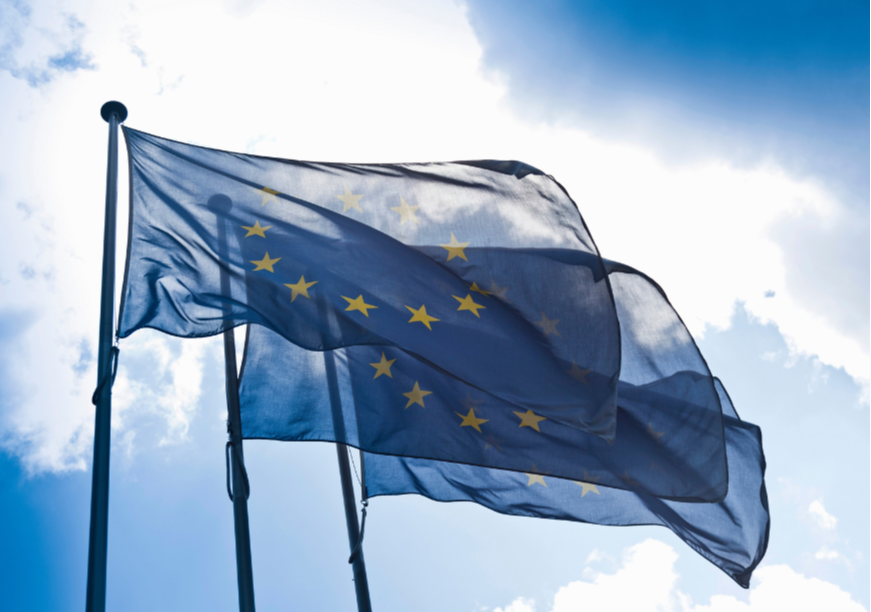-
CENTRES
Progammes & Centres
Location
The recurring elimination of the UN Panels of Experts by Russia although doesn’t affect the sanction regime, it does impair the monitoring of these sanctions on ground.

The UN sanctions regime on North Korea faced a setback on 28 March as Russia bulldozed the UN Panel of Experts monitoring the sanctions on the Democratic People's Republic of Korea (DPRK) by deploying its veto to block the Panel’s renewal. The veto adversely impacted the working of the Panel of Experts, which helped the UN to monitor the implementation of sanctions on ground. This is part of a broader trend where Russia has similarly tried to target such panels that monitor sanctions on the Central African Republic (CAR) and Mali. The common thread connecting Russia’s actions towards these panels on North Korea, the Central African Republic, and Mali is the allegation that all these Panels have remained biased against Russia. Russia has been critical of the investigations carried out by these UN Panels and has either delayed the appointment of experts of these panels or has shut these panels down altogether.
The common thread connecting Russia’s actions towards these panels on North Korea, the Central African Republic, and Mali is the allegation that all these Panels have remained biased against Russia.
The United Nations Security Council (UNSC) establishes Sanctions Committees which become the nodal points to implement and monitor sanctions. These Committees are composed of all the members of the UN Security Council and hence the diplomatic protocols and great power contestations that play out in the UNSC are reflected here as well. As these Committees are bureaucratic bodies, they are assisted by a Panel of Experts who provide detailed on-ground investigative reports from the states where sanctions are in operation. These panels are unique in their design as they are not composed of state-representing diplomats but experts in various areas such as arms, finance, armed groups, etc. This allows the reports formulated by these panels to be largely free from diplomatic courtesy and to criticise any entity that violates the sanctions regime. In cases of panel reports on North Korea, the Central African Republic, and Mali, a negative shadow was cast on Russia for violating the UN-imposed sanctions.
As these Committees are bureaucratic bodies, they are assisted by a Panel of Experts who provide detailed on-ground investigative reports from the states where sanctions are in operation.
The Panel of Experts for Sanctions on the Central African Republic submitted its report in May 2023. This report was critical towards Russia and made observations that there were two aircraft which were being used by the Central African Republic’s military without seeking any exemption from the UN-imposed arms embargo. The report claimed that one of these aircraft was previously owned by a company in the Russian Federation and was later used in the Central African Republic for the movement of Russian instructors. It is a widely known fact that Russia enjoy cordial relations with the current CAR government, and the report was seen as apparently hinting that this relation facilitated the CAR government to ignore the embargo. According to the Panel’s report, Russia in August 2023 put a six-month freeze on appointing experts to the CAR Panel as a veto-holding permanent member. The reason cited by Russia was that the Panel as lacked independence and neutrality and was biased against Russia. This action also complemented Russia’s geopolitical aims as it has publicly declared support for the lifting of the arms embargo as well as other sanctions on the CAR and is also supported by China as well as the Government of the Central African Republic in this demand. It merits mention that among all the African nations where the Russia-backed Wagner Group operates, the Central African Republic hosts the most elaborate Wagner operations on the continent. It was only in December 2023 when Russia lifted the hold on the appointment of Panel members, but this new Panel has time left only till July 2024 to submit its final report before the Security Council decides whether to continue the sanctions regime on the Central African Republic or not. Russia and China remain against such an extension.
In the case of Mali, the UNSC has established the sanctions regime in 2017 but the regime came to an end in 2023 after Russia’s veto. Russia also terminated the Panel of Experts to the Sanctions Committee for Mali on a similar aspersion that the Panel was biased and lacked independence. This was consequent to a report by the Panel on Mali which was critical of Russia as it claimed that the Wagner Group’s forces along with the Malian armed forces had committed conflict-related sexual violence. Russia had attacked the neutrality of the UN Panel by openly labelling the body as a “means of foreign influence”. Russia holds high stakes in Mali owing to the critical minerals and resources that can be extracted from the African nation. Thus, Russia’s use of its veto in the Security Council stemmed from its direct interests in Mali.
The most recent Panel of Experts that got extinguished by a Russian veto is the Panel of Experts assisting the Sanctions Committee on North Korea. The report submitted by the Panel had elaborate references to two Merchant Vessels (MV), namely MV Angara and MV Maria. It was claimed by the Panel that the vessel transferred hundreds of 20-foot containers from the North Korean port of Rajin to the port of Dunay in Russia. Though there is no direct hard evidence annexed in the report establishing the fact that the cargo transported to Russia were weapons, it did not restrain the United States (US), France, and the United Kingdom from criticising Russia in the Security Council for violating the sanctions regime and also for not allowing the Panel to continue monitoring the regime in DPRK. Russia also accused the Panel of ‘playing into the hands of Western approaches’ and merely ‘reprinting biased information and analysing newspaper headlines and poor-quality photos’ instead of furnishing concrete evidence.
Though there is no direct hard evidence annexed in the report establishing the fact that the cargo transported to Russia were weapons, it did not restrain the United States (US), France, and the United Kingdom from criticising Russia in the Security Council for violating the sanctions regime and also for not allowing the Panel to continue monitoring the regime in DPRK.
The Panel of Experts do not affect the life of the sanctions regime as the Sanctions Committee continues to operate unless its renewal is specifically vetoed, as was seen in case of the veto on Mali sanctions regime. Therefore the sanctions on DPRK continue to remain intact even after the Panel monitoring the implementation of these sanctions is no longer functioning. Although several sanctions regimes have survived without Panels of Experts in the past, as such panels were used for oversight only onwards the late 1990s. Yet the elimination of an oversight mechanism on North Korea sets a vexing precedent which was foreseeable from the cases of Mali and the Central African Republic. The recurring elimination of these panels by Russia indicates a spillover of the Russo-Ukraine geopolitical strain onto CAR, Mali, and North Korea. While geopolitics has a role to play, it cannot be solely blamed as Russia maintains that the reports do not offer detailed evidence for any of its allegations. This was particular evident in the case of North Korea as it did not furnish an explicit piece of evidence to confirm that the cargo transported from North Korea to Russia were weapons. In a global order that is being fiercely contested by great and rising powers, UN Panels dealing with controversial multilateral instruments like sanctions must not leave anything to conjecture as this provides an opening to question the neutrality held by the United Nations. Though such aspersions are bound to be thrown at these panels, instituting a more transparent process to appoint the experts and setting high standards of evidence collection shall help in making the Panels of Experts hold a higher standard of neutrality. While such a redesign is not foreseen in the near future, it is evident that the Russians, along with the Chinese shadowing them, shall continue the trend and attempt to fracture another sanctions regime in July 2024 that is currently operational in the Central African Republic.
Angad Singh Brar is a Research Assistant at the Observer Research Foundation.
The views expressed above belong to the author(s). ORF research and analyses now available on Telegram! Click here to access our curated content — blogs, longforms and interviews.

Angad Singh Brar was a Research Assistant at Observer Research Foundation, New Delhi. His research focuses on issues of global governance, multilateralism, India’s engagement of ...
Read More +